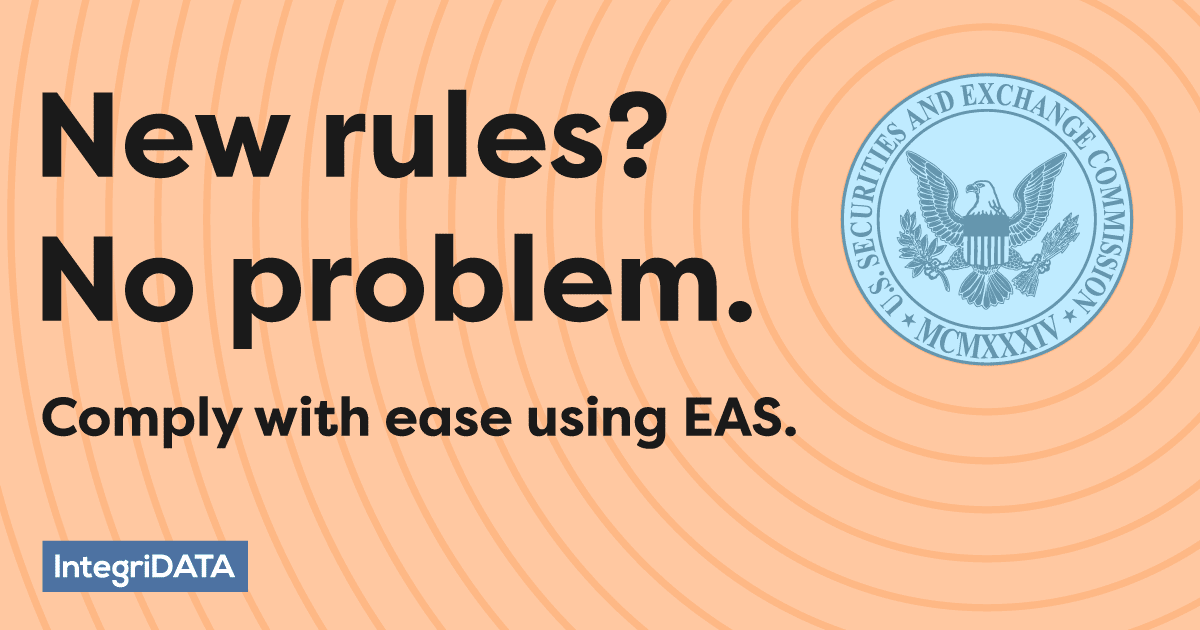Expense Allocation
New rules? No problem. Comply with ease using EAS.

The SEC recently adopted new rules for private fund advisors. Learn how expense allocation software makes compliance easy.
Nicholas Molina
September 25, 2023
On August 23, 2023, the Securities and Exchange Commission (SEC) adopted new rules under the Investment Advisors Act of 1940 to “enhance the regulation of private fund advisors.” The new rules impose significant obligations on private fund expense management and allocation. In this post, we’ll explore these changes and how expense allocation software can help private fund advisors comply.
Expense Related Changes
The new rules affect expense management, allocation, and accounting in three key ways:
-
Quarterly Statements – Registered private fund advisors must start providing investors quarterly statements detailing fund performance, fees, and expenses.
-
Annual Audit – Registered private fund advisors must obtain an annual financial statement audit for their funds.
-
Restricted Activities – All private fund advisors will be restricted from charging or allocating certain fees and expenses to funds. This includes expense allocation restrictions related to:
-
Investigations of the advisor without investor disclosure and consent.
-
Advisor regulatory, exam, or compliance expenses without investor disclosure.
-
Non-pro rata expense allocation methods, unless the advisor provides investors advanced written notice of the non-pro rata charge with a description of how the allocation approach is fair and equitable.
-
How Expense Allocation Software Can Help
Expense allocation software, like IntegriDATA EAS, can play an important role in helping private fund advisors comply with these new rules. Here’s how:
-
Automated Expense Tracking – EAS automatically allocates and tracks expenses associated with a fund, making it easier to provide detailed quarterly statements.
-
Audit Transparency and Support – EAS records all expenses, organizes support documentation, and maintains comprehensive audit trials to simplify the annual audit process.
-
Built-in Governance and Oversight – EAS approval workflows and data-driven allocation safeguards prevent prohibited expenses or activities from being allocated, ensuring allocation compliance.
Conclusion
The SEC’s new rules impose significant responsibilities on private fund advisors. As these changes take effect, expense allocation software will be an invaluable tool for advisors seeking to navigate these new regulations. Using EAS to automate this complex task will save advisors time and reduce compliance risk.
Contact us or request a demo to learn more about EAS and how it can help.